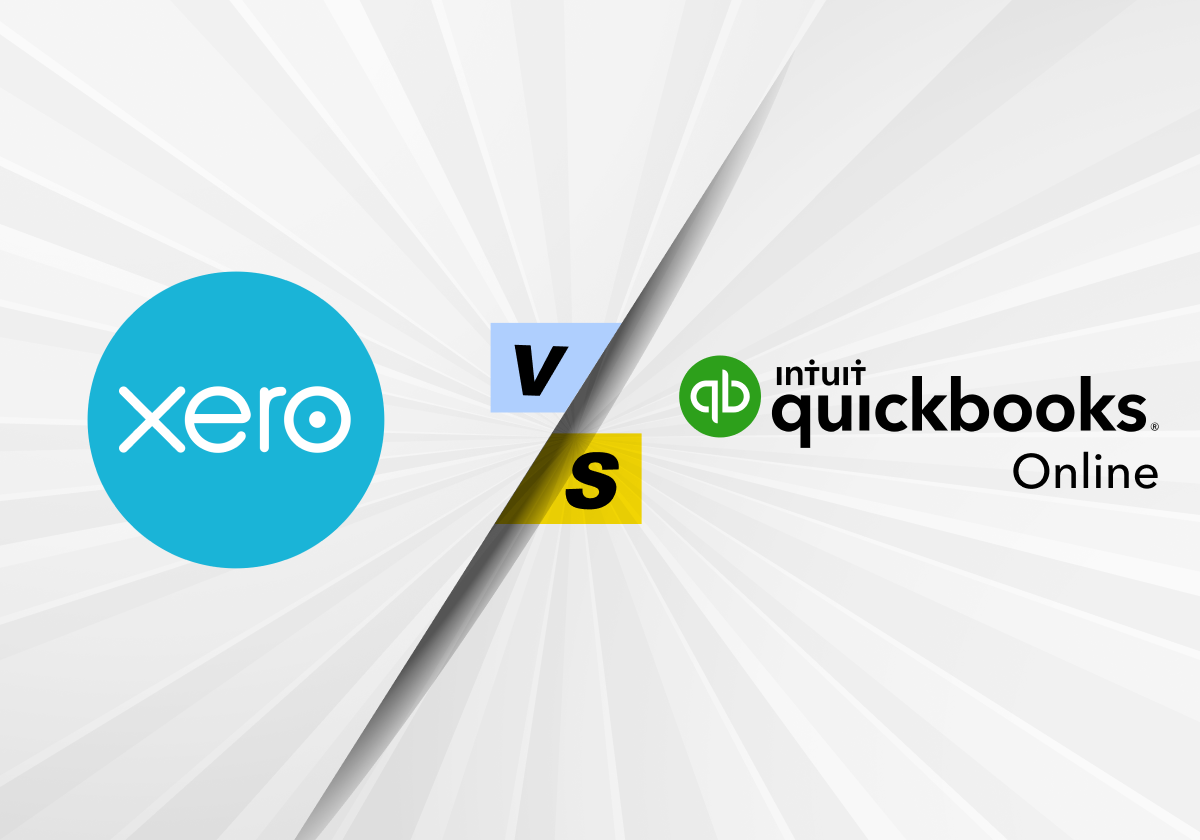A cloud-based accounting tool plays a vital role in the day-to-day operations of a company. Whether you choose Xero or QuickBooks Online, you gain access to a clear overview of your accounting, efficient project and time management.
In terms of essential accounting features for businesses, both Xero and QuickBooks Online offer comprehensive solutions that fulfill most requirements. However, they have distinct approaches and come with their own set of advantages and disadvantages.
Designed with a focus on small to mid-sized businesses, both Xero and QuickBooks Online may not perfectly align with the intricate needs of larger enterprises. Nonetheless, for the majority of small businesses, agencies, retail stores, and startups, either system offers a multitude of valuable features.
Xero and QuickBooks Online stand as robust accounting software options suitable for businesses. However, in terms of features, QuickBooks Online holds a slight advantage due to its more robust ecosystem of attachable apps. Nevertheless, this doesn’t imply that QuickBooks Online is the perfect fit for every business.
Xero stands out for larger businesses and well-established small businesses due to its unlimited-user feature, making it the preferred choice for those requiring more than five users. Additionally, Xero is more cost-effective than QuickBooks Online and offers a user-friendly experience with its customizable dashboard and intuitive layout.
Xero vs. QuickBooks Online at a glance
- User Interface and Ease of Use:
Xero: Known for its clean and intuitive interface, making it easy for users to navigate and access key features. The dashboard is customizable, and the software is generally considered user-friendly.
QuickBooks Online: While also user-friendly, QuickBooks Online may have a steeper learning curve for some users due to its comprehensive feature set. However, it provides in-depth tutorials and customer support to aid in the onboarding process.
- Customization and Flexibility:
Xero: Offers a high degree of customization, allowing users to tailor the software to meet their specific needs. It provides a wide range of third-party integrations for additional functionality.
QuickBooks Online: Provides substantial customization options and supports numerous third-party apps for added functionality, offering a high level of flexibility to adapt to different business requirements.
- Reports and Analytics:
Xero: Known for its robust reporting tools, providing various financial reports to analyze business performance. Users can customize and generate these reports efficiently.
QuickBooks Online: Offers comprehensive reporting features, providing a wide range of financial reports. It excels in data visualization and analytics, aiding businesses in making informed decisions.
- Inventory Management:
Xero: Offers basic inventory tracking across all plans, making it suitable for businesses with inventory needs.
QuickBooks Online: Provides more advanced inventory tracking capabilities, especially in the higher-tier plans, making it ideal for businesses with complex inventory management requirements.
- Customer Support:
Xero: Provides customer support through email and callback service but lacks 24/7 live chat support. The availability of phone support may vary based on the region.
QuickBooks Online: Offers 24/7 live chat support for all plans and phone support during specific hours, ensuring prompt assistance to users.
- Pricing and Plans:
Xero: Offers pricing plans starting at a lower cost compared to QuickBooks Online, making it more budget-friendly for small businesses.
QuickBooks Online: Plans start at a higher price point compared to Xero, which might be a consideration for budget-conscious businesses.
Xero vs. QuickBooks: Use Cases
Use Cases for Xero:
| Industry | Use Cases |
| Construction | – Check numbers and manage cash flow with ease. – Ensure tax compliance with Xero’s accounting software. |
| Trade | – Streamline invoicing, quoting, job management, and expense tracking for both onsite and in-office operations. |
| Manufacturing | – Track assets and effectively manage cash flow using Xero’s accounting software. |
| Real Estate | – View client records and track performance on the go. – Manage taxes efficiently for real estate agents. |
Use Cases for QuickBooks Online:
| Industry | Use Cases |
| Non-profits | – Expense sorting, budget tracking, capacity expansion, and donation management for non-profit organizations. |
| Manufacturing | – Automate inventory processes, gain clear business visibility, control costs, increase profits, and streamline order management. |
| Construction | – Job cost tracking and flexibility for working from anywhere. – Capture all costs, manage the workforce, pay workers, and obtain valuable business insights. |
| Wholesale Distribution | – Efficiently manage purchase, distribution, sales, inventory, and accounting from a centralized platform. – Protect profit margins, automate inventory management, and streamline order processing. |
Tax1099 Integration with QuickBooks Online & Xero
Tax1099 seamlessly integrates with both QuickBooks Online and Xero, streamlining the synchronization of 1099-qualified vendors and payments. This integration ensures a smooth and efficient process for managing tax-related aspects, providing a comprehensive solution for businesses using these platforms. Simplify your tax reporting and compliance by leveraging the power of Tax1099 in harmony with QuickBooks Online and Xero, making tax season a more manageable and organized experience for your business.



